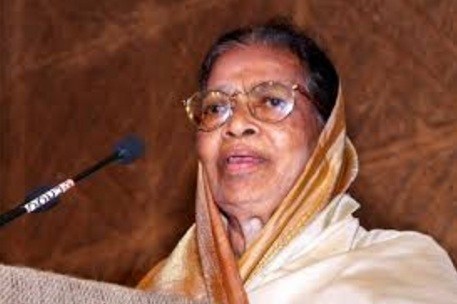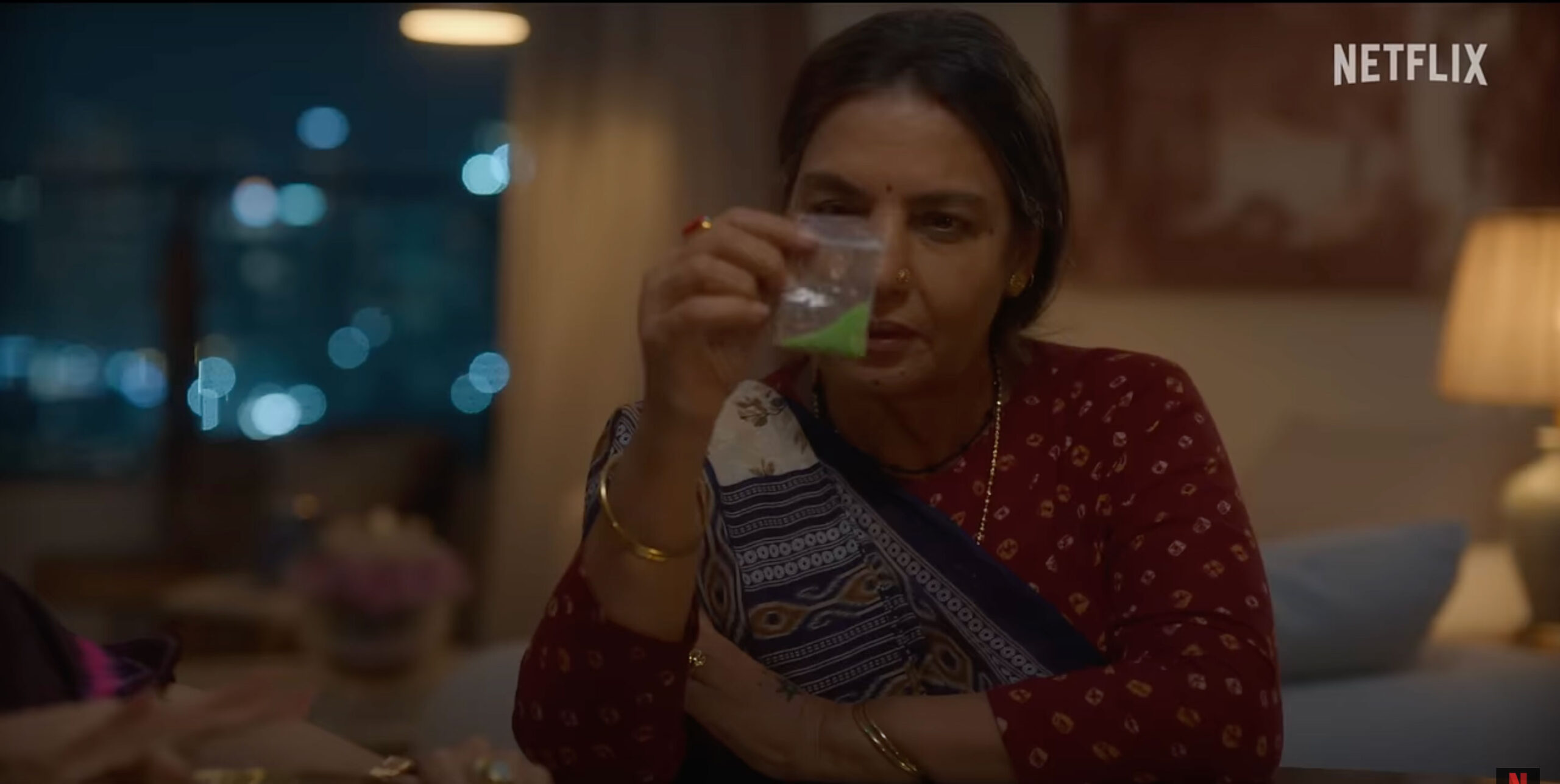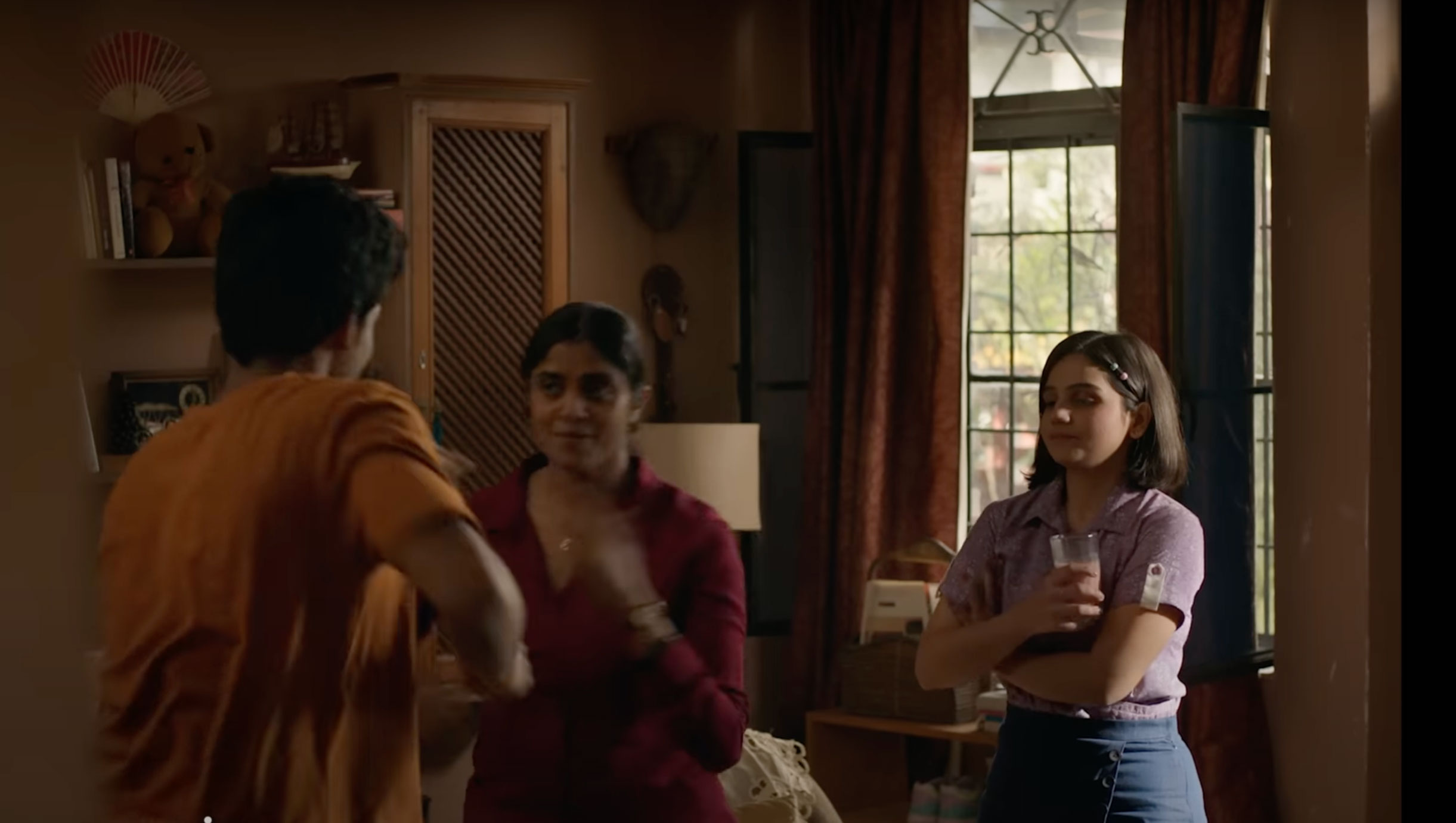In the Name of Justice
More than a century ago, Regina Guha was working towards fulfilling her childhood dream of becoming a lawyer in the city of Calcutta. She was one of the four daughters of Priyamohan Guha – a criminal lawyer. After completing her MA, Regina joined Calcutta University’s law, which had been established in 1909. She completed the course, passed the exam, was awarded the degree, and the very next day, she filled in the form seeking licence to practise as a lawyer. She deposited the requisite fee in the government exchequer.
On a June afternoon, the postman delivered a letter to her residence. It said that she couldn’t be allowed to practise law. Taken aback, Regina asked a senior lawyer. His answer was, “Women can study law but they cannot practise. Just go around any court and let me know if you can find a single woman lawyer.”
Regina was aghast. She could not believe her ears. She felt that even if there was a law prohibiting women from practising in courts, it was unjust and wrong. She decided to challenge it and fight for her rights. She knocked on the door of the High Court. “I only wanted to become a lawyer. Maybe, I will end up becoming the first woman lawyer of the country,” she thought.
She drew up her petition and filed it in the court. It came up for consideration before a five-judge bench, comprising L. Sanderson (Chief Justice), Asutosh Mookerjee, W. Chitty, Teunon and Chowdhury.
Regina recalled that two years earlier, Asutosh Mookerjee was the chief guest at the convocation ceremony of Calcutta University. He had handed over the degrees to students and in his address, had made a strong case for initiating fundamental changes. Regina’s father told her that Mookerjee had conveyed to the University’s syndicate that to bring about revolutionary changes in society, besides engineering and medical colleges, more law colleges needed to be opened. It was said that Asutosh Mookerjee’s personal library had thousands of books. He was a scholar of rare aptitude and had served as the vice-chancellor of the Calcutta University for eight years (1906 – 14).
Regina swung between hope and despair. Sometimes she felt that her dream would become a reality; at other times she feared that it might be sacrificed on the altar of nationalist thoughts and anti-women sentiments.
Barrister Yardley Norton, a famous lawyer of his times, along with P.K. Majumdar, M.N. Kanjilal and Babu Manmathnath Mukherjee, represented Regina. After lots of arguments and counter-arguments, questions and counter-questions, the judges pronounced an elaborate judgment, two days before the end of the August of that year, 1916. All that Regina could understand was that women have no right to get into the legal profession, which was the exclusive preserve of men.

The judgment referred to numerous clauses and sections of different laws, their history, citations and Hindu, Muslim and Buddhist jurisprudence to prove that at no time and in no place in the history of the world had the women had access to the legal profession. Had the rulers wanted to allow women into the profession, they would have made express provisions to this effect in the law. But as it had not been done, they (judges) couldn’t do anything. They could only interpret the law as it stood. Making laws was the job of the legislature.
Justice L. Anderson wrote in his judgment[1]: “It is clear that the intention of the Legislature was to deal with a recognised existing profession, viz, that of Pleaders, which, up to that time, constituted of men only and to which men only could belong. The subject-matter of the legislation now under consideration was the long established and well recognised profession of Pleaders, which had consisted for over 80 years of men only, and in respect of which it was admitted that no woman had ever applied for admission as a Pleader. As the law now stands, Miss Regina Guha is not entitled to be enrolled as a Pleader of the subordinate courts. We have only to determine what the law is, and if there is to be any change, it is one which must be effected by the Legislature.”
Justice Asutosh Mookerjee, after scrutinizing Hindu and Buddhist jurisprudence, wrote: “It is remarkable that wherever Pleaders or Advocates are so mentioned, the reference is to men and not women. I cannot find any instance where, in Hindu or Buddhist times, the jurists contemplated the possibility of women as members of the legal profession. As regards the courts in Muhammadan times in this country, I have not been able to obtain any information. It is impossible for us to hold that, on the law as it stands, women are entitled to be admitted to the ranks of the legal profession; when I say this, I do not forget that our duty as Judges of this Court is strictly limited to a declaration of the Law as it is; whether any change in that Law would be wise or expedient is a question, not for the Court, but for the Legislature. In my opinion, there is no possible escape from the conclusion that the application must be refused.”
Sudhansu Bala Hazra versus Unknown (Patna High Court, 1921)

Five years later, another woman, Sudhansu Bala Hazra[2], enrolled in Calcutta University’s law school. She also dreamt of becoming a lawyer. After being awarded the degree, she also applied for licence to plead in the courts of law. But neither the law nor the attitude of the courts had changed in the interregnum.
The Patna District Court forwarded her application to the Patna High Court. On the bench were Justice Dawson Miller (Chief Justice), B. Mullick and Jwala Prasad. The court could have refused the application through an administrative order but decided to hear out the applicant as it was a “matter of public importance”.
The question before the court was whether the Legal Practitioners Act and the rules framed by the High Court under it, allowed women to practise law. No woman had practised law in the past.
The judgment quoted the same laws, their sections, their history, clauses, sub-clauses, judgments of Indian and foreign courts and jurisprudence. The bench said that women never had had the right to practise law; that judges could only interpret law, they cannot make them and that the hands of the courts were tied by the judgment in the Regina Guha case. The judges admitted, though, that some time earlier (9 August 1921), the Allahabad High Court had permitted Cornelia Sorabji to practise as a lawyer. But Sorabji was a barrister, had studied law in England, where women had been allowed entry into the legal profession. Secondly, “We follow the judgments of the Calcutta High Court; the situation is anomalous but we are helpless … we cannot go beyond the laws and the rules.” The three judges agreed with each other and turned down the request.
Senior lawyer Madhusudan Das’ intervention brought down the tension caused by the protest demonstrations of male lawyers of the Patna High Court. Sudhanshu Bala moved the Privy Council in appeal against the judgment of the High Court, contending that it was gender-discriminatory. She has penned the story of her struggle in detail in a book titled Woman at Law.
Within a year of the Patna High Court judgment, Dr Hari Singh Gaur, a famous lawyer and social worker, who was a member of the Central Legislative Assembly, moved a Bill seeking an end to this gender discrimination. During the debate on the Bill, he vociferously argued in favour of doing away with this injustice. He said that the doors of Indian courts were closed to women and it would be in the interest of justice to open them as soon as possible. Ultimately, a new law[3] was passed, which allowed women to plead in the courts. The temples of justice threw open their doors to women, which, till then, were “Sabarimalas” for them.
Sadly, by then, Regina had passed away. She died in 1919, with her dream of becoming a lawyer unfulfilled. Regina Guha and Sudhansu Bala had tried to open a small ventilator to bring light into a dark room. Their dream and their struggle led to the entry of thousands upon thousands of women into the field of law and justice. And many of them did make a mark. Regina Guha could never have imagined that the toppers in the law course of Calcutta University would, someday, be feted with Regina Guha Gold Medal. And that Justice Asutosh Mookerjee’s son Syama Prasad Mukherjee would prove a chip off the old block and become a leading light of the Hindu nationalist movement.
Women lawyers: A century later

It is another matter that in the 69 years of the Indian Republic (1950 – 2019), no woman could become the Chief Justice of India, and neither is it likely at least till May 2025. Fathima Bibi was the first woman judge of the Supreme Court and Leela Seth, the first chief justice of a high court (Himachal Pradesh, 1991). In most of the high courts, women are yet to adorn the chair of the chief justice.
No woman has as yet become the country’s law minister or the chairperson of the National Law Commission or National Commission for Human Rights. The posts of Attorneys General and Solicitors General have also been almost reserved for men. In the professional bodies of the lawyers too, women have always been sidelined. All the chairpersons of the Bar Council of India have been men and no woman has, to date, been elected president of the Supreme Court Bar Association or Delhi High Court Bar Association. The long and short of it is that women are yet to get into decision-making positions.
It is difficult to say whether the chronicles of the history of feminism would describe this as “coincidence”, as “fate” or as “patriarchal conspiracy”. There are still four years to go before we can celebrate the anniversary of women being allowed to don the lawyer’s robes.
(Translation: Amrish Herdenia; copy-editing: Anil)
References
[1] Regina Guha versus Unknown (35 Indian cases 925, Judgment: 29 August 1916)
[2] Sudhansu Bala Hazra versus Unknown (64 Indian cases 636, Judgment: 28 November, 1921)
[3] The Legal Practitioners (Women) Act, 1923 (Dated 2 April, 1923)






